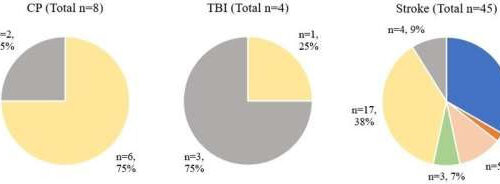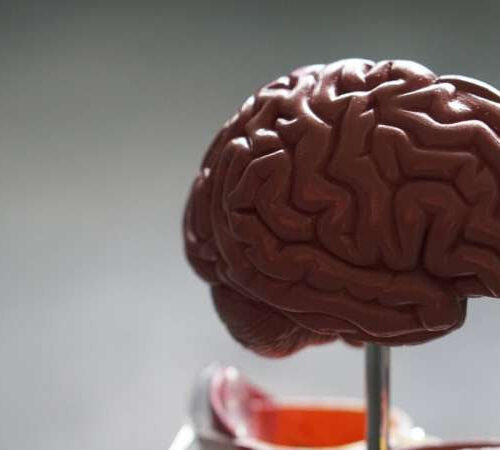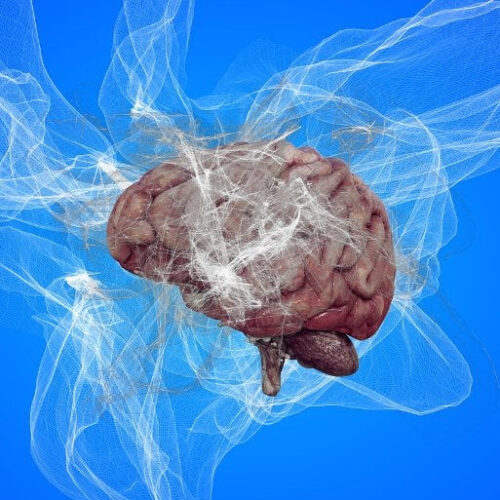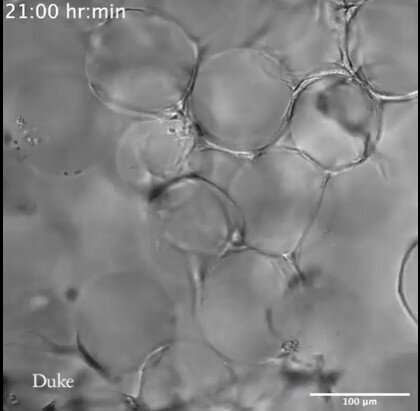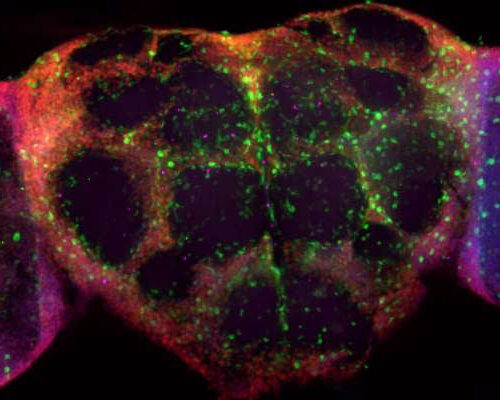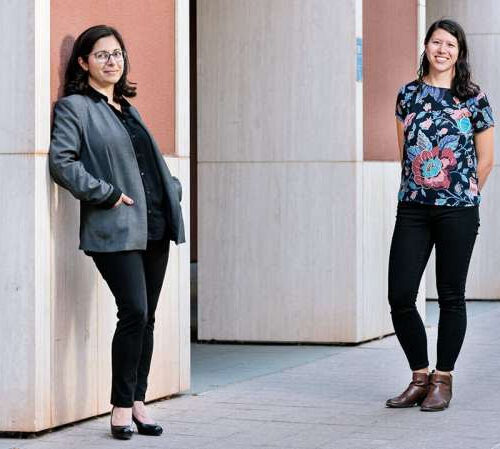Peer-Reviewed Publication UNIVERSITY OF ROCHESTER MEDICAL CENTER Cerebral edema, the dangerous brain swelling that occurs after traumatic brain injury (TBI), can increase risk of death tenfold and significantly worsen prospects for recovery in brain function. In extreme cases, surgeons will remove a portion of the skull to relieve pressure, but this has significant risks and...
Tag: <span>Brain injury</span>
Robotic exoskeletons and neurorehabilitation for acquired brain injury: Determining the potential for recovery
by Kessler Foundation Studies (N=57) divided into three pie charts based on population (cerebral palsy, traumatic brain injury, stroke) and further divided based on study type. Credit: Kessler Foundation A team of New Jersey researchers reviewed the evidence for the impact of robotic exoskeleton devices on recovery of ambulation among individua5ls with acquired brain injury, laying out...
Benzodiazepine use associated with brain injury, job loss and suicide
by CU Anschutz Medical Campus Credit: CC0 Public Domain Benzodiazepine use and discontinuation is associated with nervous system injury and negative life effects that continue after discontinuation, according to a new study from researchers at the University of Colorado Anschutz Medical Campus. The study was published today in the journal PLOS ONE. “Despite the fact that benzodiazepines have been...
Almost half of people with concussion still show symptoms of brain injury six months later
by University of Cambridge Credit: Unsplash/CC0 Public Domain Even mild concussion can cause long-lasting effects to the brain, according to researchers at the University of Cambridge. Using data from a Europe-wide study, the team has shown that for almost a half of all people who receive a knock to the head, there are changes in how regions of...
Educational Background and Previous Brain Injury May Be Associated With Higher Risk of Frontotemporal Dementia
Summary: Previous TBI increased the risk of frontotemporal dementia in those without a genetic risk factor for FTD. Additionally, researchers found those with FTD tend to be less educated than those with Alzheimer’s disease. Source: University of Eastern Finland Two recent studies from the University of Eastern Finland show that educational background and previous traumatic brain injury...
Watching primordial neural cells grow in 3D scaffolds to heal brain injury
by Ken Kingery, Duke University Credit: Duke University Researchers at Duke University have captured days-long time-lapse videos of young neural cells moving and growing within a novel 3D synthetic biocompatible structure. By literally watching how the cells respond to natural biochemical signals embedded within the material, biomedical engineers hope to develop biogels that can repair...
New therapy significantly reduces headache disability, post-traumatic stress following brain injury, study finds
by University of Texas Health Science Center at San Antonio Credit: Unsplash/CC0 Public Domain The first therapy to be developed specifically for post-traumatic headache significantly reduced related disability in veterans following a traumatic brain injury (TBI). It also reduced co-occurring symptoms of post-traumatic stress disorder (PTSD) comparably to a gold-standard PTSD treatment. Moreover, the innovative treatment,...
Neurons and glia collaborate to drive neural regeneration following brain injury
by Champalimaud Centre for the Unknown Neurons (in red) and brain glial cells (in green) are illuminated in the fly brain. Credit: Rhiner Lab, The Champalimaud Foundation. One of the most devastating aspects of stroke and traumatic brain injury is that the neurons we lose are never replaced. This means that depending on the injury...
Preventing the long-term effects of traumatic brain injury
by Gladstone Institutes A team of researchers led by Jeanne Paz (left) and Stephanie Holden (right) points to a potential new treatment that could prevent the long-term effects of traumatic brain injury. Credit: Michael Short/Gladstone Institutes You’ve been in a car accident and sustained a head injury. You recovered, but years later you begin having difficulty...
Brain-training app aids cognitive function after brain injury
(HealthDay)—A self-directed brain training app may be effective for improving cognitive impairment following mild traumatic brain injury (mTBI), according to a study published online July 27 in Brain. Henry W. Mahncke, Ph.D., from Posit Science Corporation in San Francisco, and colleagues evaluated the efficacy of a self-administered computerized plasticity-based cognitive training program among 149 veterans with...

